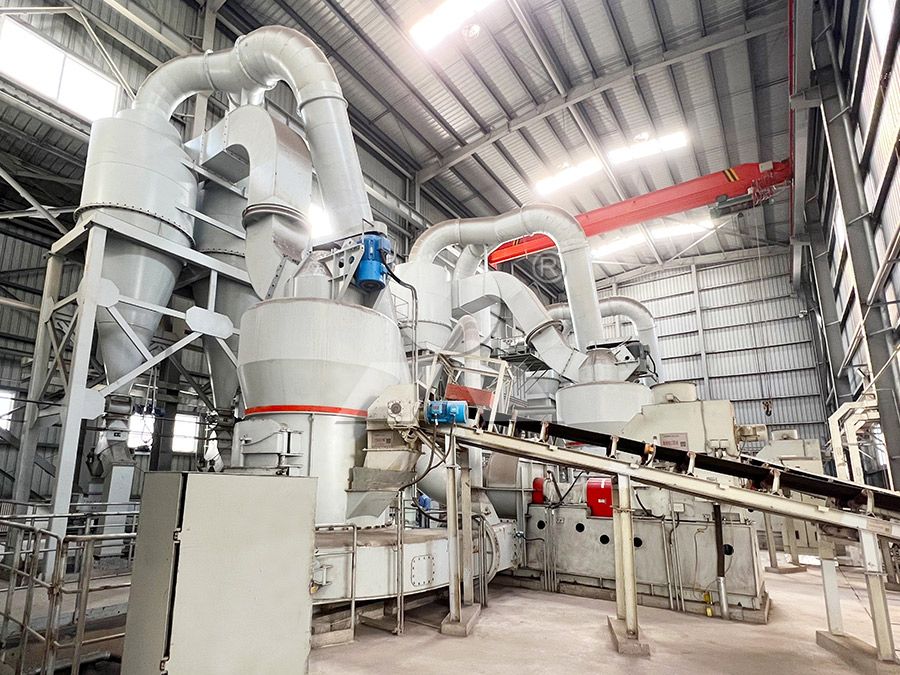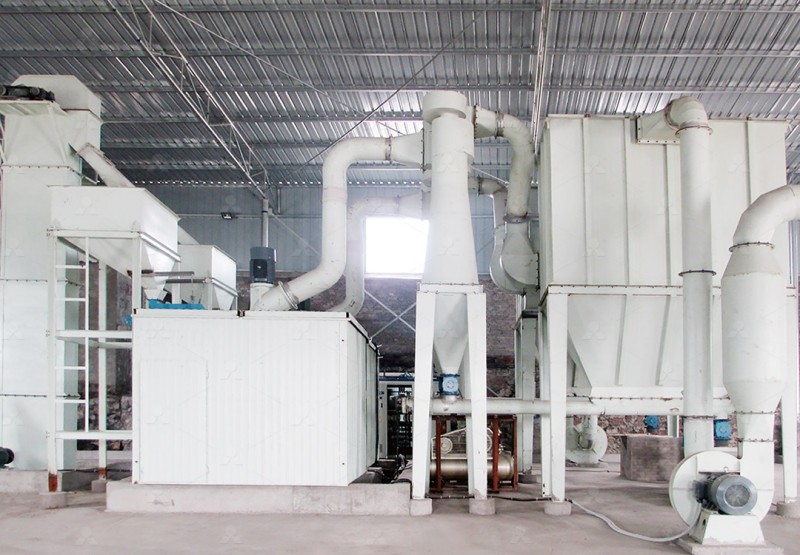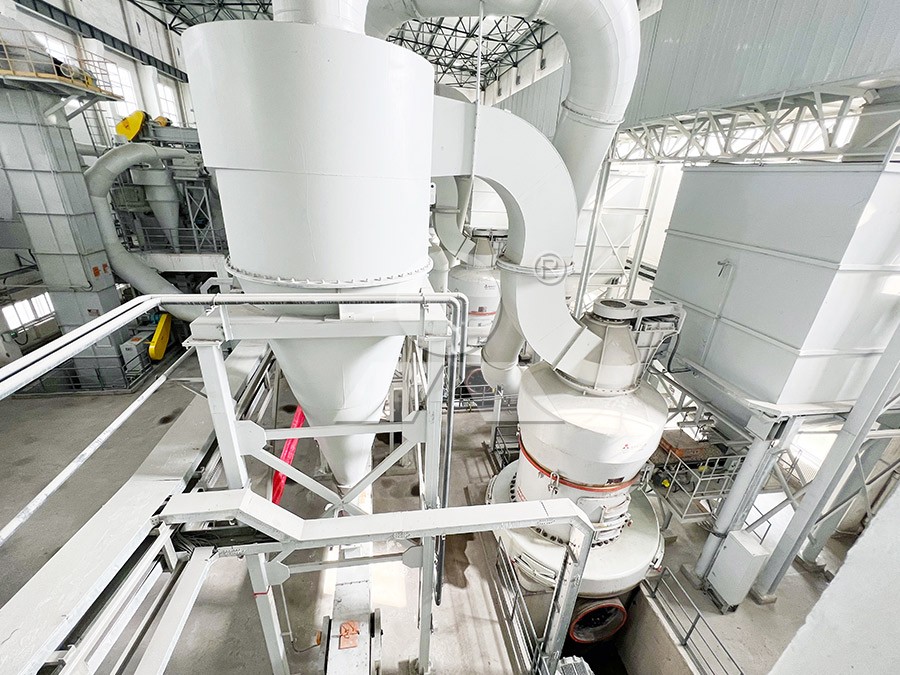Automated Control Systems for Efficient Gypsum Powder Production
We provide a wide range of mills — including Raymond mill, trapezoidal mill, vertical mill, ultrafine mill, and ball mill, obtained ISO9001 international quality certification, EU CE certification, and Customs Union CU-TR certification. Suitable for processing minerals such as limestone, phosphate, quicklime, kaolin, talc, barite, bentonite, calcium carbonate, dolomite, coal, gypsum, clay, carbon black, slag, cement raw materials, cement clinker, and more.
The discharge range of these mills can be adjusted to meet specific processing needs, typically from 80-400 mesh, 600-3250 mesh, and can achieve the finest particle size of up to 6000 mesh(D50).
If you are looking for a reliable grinding solution to turn stone or minerals into fine powder, please feel free to contact our online customer service.
Revolutionizing Gypsum Processing Through Advanced Automation
The gypsum powder industry has undergone a significant transformation in recent years, driven by the integration of sophisticated automated control systems. These technological advancements have not only enhanced production efficiency but also improved product quality while reducing operational costs. Modern gypsum processing facilities now rely on intelligent systems that monitor and adjust critical parameters in real-time, ensuring optimal performance throughout the manufacturing cycle.

The Critical Role of Precision Grinding in Gypsum Production
At the heart of any efficient gypsum powder production line lies the grinding mill – the workhorse that determines both product quality and operational efficiency. Traditional grinding methods often resulted in inconsistent particle size distribution, excessive energy consumption, and frequent maintenance requirements. Today’s advanced mills incorporate sophisticated control systems that automatically adjust grinding pressure, rotational speed, and feed rates to maintain consistent output quality regardless of variations in raw material characteristics.
One standout solution that has transformed gypsum processing is our MW Ultrafine Grinding Mill. This innovative equipment represents a significant leap forward in grinding technology, specifically designed for operations requiring ultra-fine powder production. With an input size capacity of 0-20 mm and production rates ranging from 0.5 to 25 tons per hour, this mill delivers exceptional performance for gypsum processing applications. The integrated automated control system ensures precise adjustment of fineness between 325-2500 meshes, while the German-engineered cage-type powder selector maintains consistent particle distribution.
Integrated Control Systems: The Brain Behind Efficient Operations
Modern gypsum plants employ comprehensive control systems that integrate every aspect of production – from raw material handling to final packaging. These systems utilize PLC (Programmable Logic Controller) technology coupled with SCADA (Supervisory Control and Data Acquisition) interfaces, allowing operators to monitor and adjust processes from centralized control rooms. The automation extends beyond mere operational parameters to include predictive maintenance scheduling, quality control checks, and energy optimization algorithms.

The environmental benefits of automated systems cannot be overstated. Our MW Ultrafine Grinding Mill exemplifies this approach with its efficient pulse dust collector and muffler system, which significantly reduces both dust emissions and operational noise. The entire production process complies with stringent environmental protection standards, making it an ideal choice for facilities operating in regulated environments. The external lubrication system allows for maintenance without shutdowns, enabling continuous 24-hour production – a crucial advantage in today’s competitive market.
Data-Driven Optimization for Enhanced Profitability
The most significant advantage of automated control systems lies in their ability to collect and analyze operational data. Advanced mills like the MW Ultrafine Grinding Mill generate valuable performance metrics that can be used to optimize production parameters, predict maintenance needs, and identify efficiency improvements. The data reveals patterns that human operators might miss, enabling proactive adjustments that prevent quality issues before they occur.
Compared to traditional grinding solutions, the MW Ultrafine Grinding Mill demonstrates remarkable efficiency gains. Production capacity exceeds that of jet grinding mills by 40% while consuming only 30% of the energy. When compared to ball grinding mills, the output doubles under equivalent conditions. These efficiency improvements directly translate to reduced operational costs and enhanced profitability for gypsum producers.
Future Trends in Gypsum Production Automation
The evolution of automated control systems continues at a rapid pace, with emerging technologies like artificial intelligence and machine learning beginning to transform gypsum production. These advanced systems can learn from historical operational data to optimize production parameters automatically, adapting to changing raw material characteristics and market requirements without human intervention. The integration of IoT (Internet of Things) technology enables remote monitoring and control, allowing technical experts to support operations from anywhere in the world.

As the industry moves toward increasingly sophisticated automation, the importance of reliable, high-performance grinding equipment becomes even more critical. The MW Ultrafine Grinding Mill stands ready to meet these challenges with its robust design, advanced control capabilities, and proven performance in gypsum applications. Its unique construction without rolling bearings or screws in the grinding chamber eliminates common failure points, while the digitalized processing ensures consistent precision in every component.
Frequently Asked Questions
What are the primary benefits of automated control systems in gypsum powder production?
Automated systems deliver consistent product quality, reduced energy consumption, lower labor costs, enhanced safety, and improved environmental compliance. They enable continuous optimization of production parameters and provide valuable data for operational improvements.
How does the MW Ultrafine Grinding Mill achieve higher efficiency compared to traditional mills?
The MW Mill incorporates newly designed grinding curves of the grinding roller and ring, which enhance grinding efficiency significantly. It also features an advanced cage-type powder selector that ensures precise particle separation while consuming less energy than conventional systems.
Can automated grinding systems handle variations in raw gypsum characteristics?
Yes, modern systems like the MW Ultrafine Grinding Mill automatically adjust to changes in raw material properties. The control systems monitor multiple parameters and make real-time adjustments to maintain consistent output quality regardless of input variations.
What maintenance advantages do automated grinding systems offer?
Systems like the MW Mill feature external lubrication that can be performed without shutdowns, and the absence of rolling bearings and screws in the grinding chamber eliminates common failure points. Automated monitoring also enables predictive maintenance, reducing unplanned downtime.
How do automated systems contribute to environmental compliance?
Advanced mills integrate efficient dust collection systems, noise reduction technology, and energy-efficient operation. The MW Mill, for example, includes a pulse dust collector and muffler system that minimizes environmental impact while meeting strict regulatory standards.
